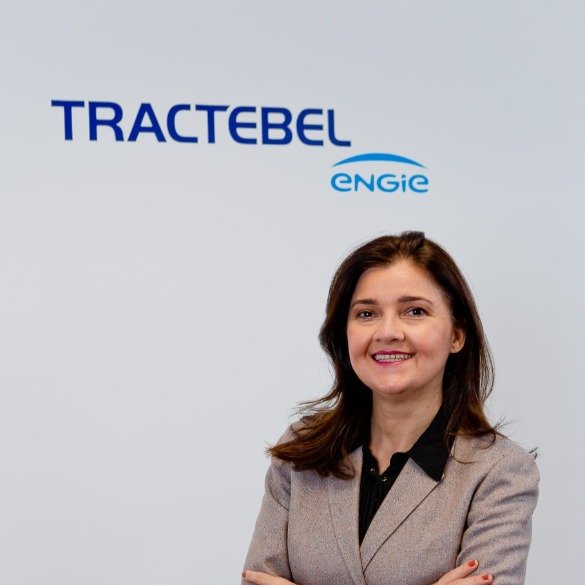



“Although there has been some progress in recent years, the representation of women in engineering remains insufficient. However, there has been a positive shift in the dialogue around the need for more diversity – including more women – in organizations, particularly in upper management, and the importance of fostering a balanced environment. Both companies and society in general have begun discussing and acting on this issue more openly.
To women considering a career in engineering, I say go for it! I couldn’t be happier in my career choice. I would advise you to follow your natural aptitudes, without worrying that there may be a gender imbalance in your chosen field. That doesn’t matter. If you have passion for the sciences and have chosen engineering as your path, congratulations! You've made a wonderful choice.”
Maria Guilhermina, Head of Energy, Tractebel in South America


Christophe Demaerel
Chief Human Resources, QHSSE & Communications Officer